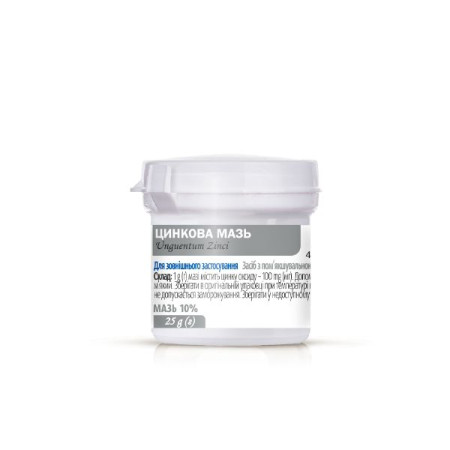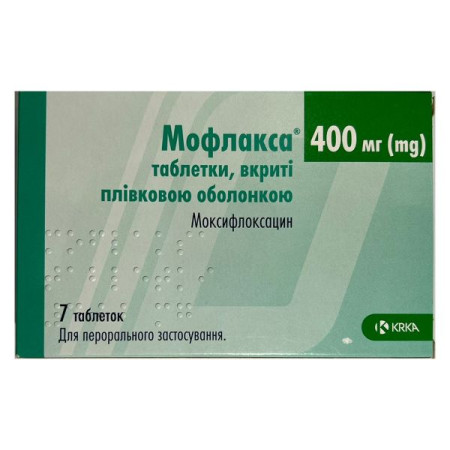Vial eye drops 0.05% bottle 10 ml

Instructions Vial eye drops 0.05% bottle 10 ml
Composition
active ingredient: tetryzoline;
1 ml of the drug contains tetrahydrozoline hydrochloride, calculated on 100% dry matter, 0.5 mg;
Excipients: benzalkonium chloride; sodium dihydrogen phosphate, dihydrate; sodium hydrogen phosphate, dodecahydrate; sodium chloride; disodium edetate; water for injections.
Dosage form
Eye drops.
Main physicochemical properties: clear, colorless, odorless liquid.
Pharmacotherapeutic group
Agents used in ophthalmology. Anti-edematous and anti-allergic agents. Sympathomimetics used as anti-edematous agents. Tetryzoline. ATX code S01G A02.
Pharmacological properties
Pharmacodynamics.
Tetryzoline, when applied externally, stimulates alpha-adrenoreceptors of the sympathetic nervous system, which causes vasoconstriction with a decrease in tissue edema; reduces redness, burning, irritation, itching, soreness, and tearing.
Pharmacokinetics.
The vasoconstrictor effect develops a few minutes after instillation into the eye and lasts up to 4 hours.
Tetryzoline is practically not absorbed when applied topically in therapeutic doses.
Indication
Symptomatic temporary relief of secondary ocular hyperemia due to moderate irritant effects.
Contraindication
Hypersensitivity to the components of the drug, angle-closure glaucoma.
Interaction with other medicinal products and other types of interactions
Do not mix Vial® eye drops with any other drops.
Application features
The use of the drug may cause mydriasis.
You should stop using the drug and consult a doctor if improvement is not observed within 72 hours, irritation or redness continues or worsens, eye pain or visual disturbances occur.
The excipient benzalkonium chloride may cause irritation. Contact with soft contact lenses should be avoided (remove contact lenses before applying the product and do not reinsert them until 15 minutes after application). Benzalkonium chloride may discolour soft contact lenses.
To avoid contamination, do not touch the top of the bottle to any surface. Replace the cap after use.
Use of drops in children aged 2 to 6 years should be carried out with caution. Patients with severe cardiovascular diseases, such as ischemic heart disease, arterial hypertension, pheochromocytoma and metabolic disorders (hyperthyroidism, diabetes mellitus), as well as patients receiving monoamine oxidase inhibitors or other drugs that can increase blood pressure, should use Vial® eye drops only if, in the opinion of the doctor, the possible benefit outweighs the potential risk. Very frequent use may cause redness of the eyes.
Vial® should only be used in cases of mild eye irritation. The patient should be aware of:
- if the condition does not improve within 48 hours, irritation or redness persists or increases, the drug should be discontinued;
- if irritation or redness is associated with serious eye diseases (infection, foreign body or chemical injury to the cornea), it is recommended to consult a doctor;
- if you experience intense eye pain, headache, rapid vision loss, sudden appearance of "floating" spots before your eyes, redness of the eyes, pain when exposed to light, or double vision, you should consult a doctor immediately.
Prolonged use and overdose should be avoided, especially in children.
If the solution changes color or becomes cloudy, the drug is not suitable for use.
Vial® eye drops should not be used in patients with epidermal epithelial corneal dystrophy.
Use during pregnancy or breastfeeding
Adequate and well-controlled studies of the effects of tetrahydrozoline hydrochloride on the fetus have not been conducted. There are no data on the excretion of the drug into breast milk.
Although the drug is not intended for systemic exposure, it is recommended that pregnant and breastfeeding women consult a doctor to assess the possible risk before using it.
Ability to influence reaction speed when driving vehicles or other mechanisms
The impact is unlikely.
Method of administration and doses
Do not screw the bottle cap tightly before use!
Before using the drops for the first time, screw the bottle cap as tightly as possible. The spike on the inside of the cap pierces the hole in the bottle.
Immediately before use, hold the bottle in your palm to warm it to body temperature.
Unscrew the cap, remove it, slightly pressing on the bottle body, and drop the solution into the eye (conjunctival cavity).
To prevent the solution from leaking during storage, after instillation of the drug, screw the cap tightly so that the spike located on the inside of the cap closes the opening in the bottle. Store the drug according to the recommendations given in the "Storage conditions" section (in an upright position).
The drug can be used for more than 72 hours only under the supervision of a doctor.
Adults and children over 6 years of age should instill 1-2 drops into the conjunctival sac of the affected eye(s) up to 4 times a day.
Children aged 2 to 6 years should use the drug only as prescribed and under the supervision of a doctor.
Children
There is no experience with the use of the drug in children under 2 years of age. Children aged 2 to 6 years should use it as prescribed and under the supervision of a doctor.
Overdose
When using the drug according to recommendations, overdose is unlikely.
In case of an overdose of the drug, increased hyperemia or reactive hyperemia may occur.
Symptoms that may occur with ingestion or excessive use of the drug: bradycardia, drowsiness, decreased blood pressure, apathy and decreased body temperature. Additional symptoms that may occur only with ingestion of the drug may be apnea, CNS depression and coma.
Treatment: If the drug is swallowed, treatment consists of taking activated charcoal and emptying the stomach. Further treatment should be symptomatic and supportive.
Adverse reactions
Adverse reactions associated with the use of tetrahydrozoline hydrochloride have been observed in the post-marketing period.
Special types of sensitivity: burning sensation in the eyes, irritation of the mucous membrane of the eyes, eye pain, redness of the eyes, stinging in the eyes, hypersensitivity reactions, dilation of the pupils (mydriasis), reactive hyperemia of the eye ("ricochet" hyperemia of the eye).
Systemic sympathomimetic effects may occasionally occur.
Expiration date
3 years.
The shelf life of the drug after opening the bottle is 28 days.
Do not use the drug after the expiration date indicated on the package.
Storage conditions
Store in the original packaging at a temperature not exceeding 25 ºС.
Keep out of reach of children.
Packaging
10 ml in a bottle.
1 bottle per pack.
Vacation category
Without a prescription.
Producer
PJSC "Farmak".
Location of the manufacturer and its business address
Ukraine, 04080, Kyiv, Frunze St., 74.
There are no reviews for this product.
There are no reviews for this product, be the first to leave your review.
No questions about this product, be the first and ask your question.















